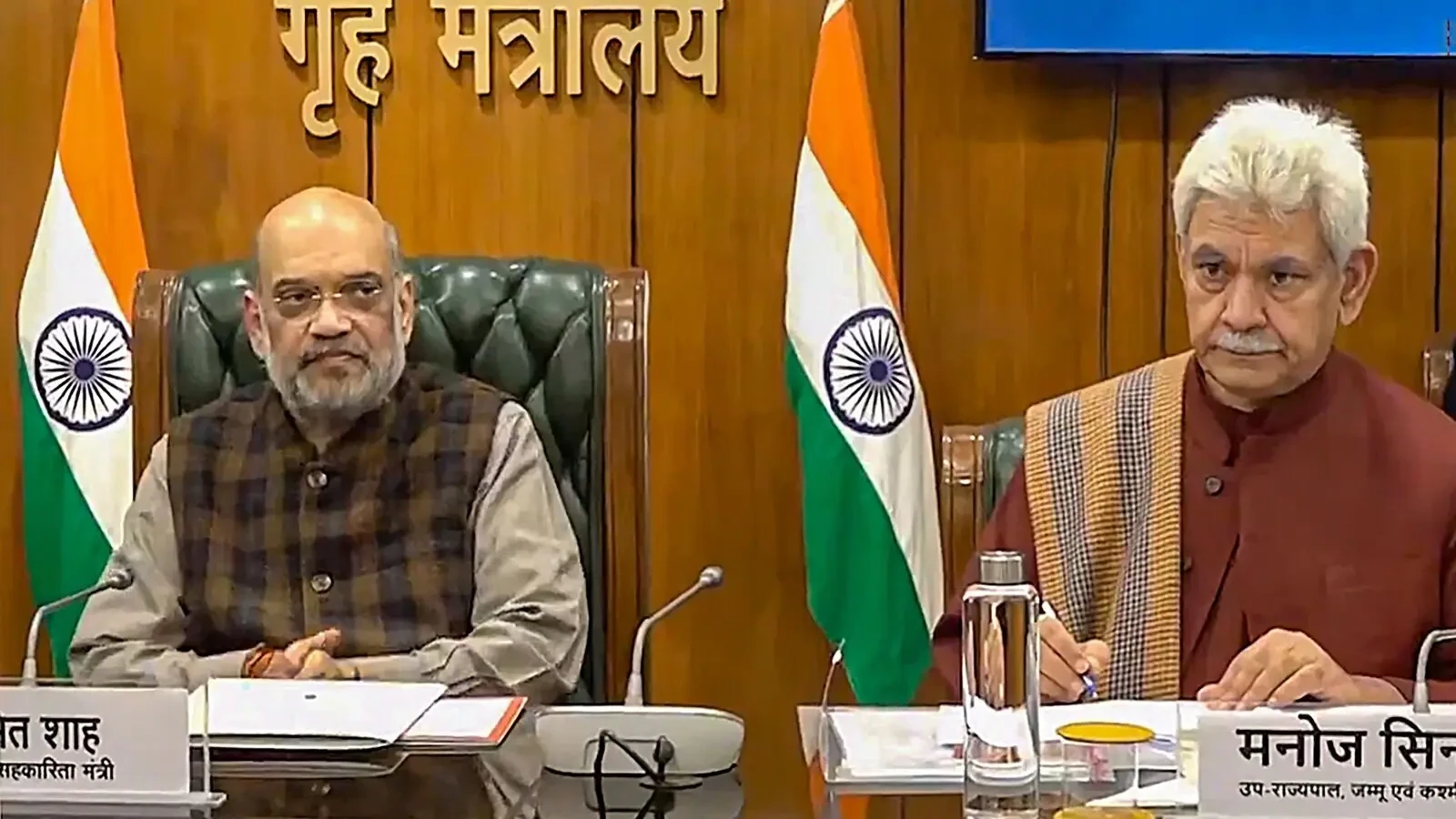Government considers action against officials over intelligencefailures leading to the massacre of 26 tourists
NEW DELHI:Faced with the undeniable fact that the lack of intelligence inputs – primarily from agencies responsible for internal security – was a key factor in the massacre of 26 unarmed tourists by Pakistan military-supported Lashkar-e-Taiba terrorists, the government is understood to be mulling action against high-ranking officials for failing to preemptively respond and take suitable action.
Sources indicated that top officials in the Prime Minister’s Office and the Home Ministry were highly upset over the failures, despite the government ensuring that the demands for resources were met without delay, including increasing the budgetary allocation every year. This attack is being viewed as one of the biggest failures of the intelligence agencies since the 26/11 Mumbai attacks. Sources stated that one of the primary reasons for this failure, as claimed internally, was the induction of certain officials into the agencies not based on merit, but due to their good relations with batchmates and seniors in the bureaucracy. This practice has resulted in average or below-average officials occupying critical positions.
This professional issue is also being observed in another anti-terror body. The lack of any major terror attack on civilians in recent times likely lulled the intelligence gathering apparatus into a sense of complacency. It’s important to note that intelligence gathering isn’t solely the domain of specialised agencies like R&AW, IB, State Special Branch, and National Technical Research Organisation (NTRO); the Army, Border Security Force, and Central Reserve Police Force also have their own robust and well-defined intelligence gathering apparatus. Officials indicated that the NTRO, which conducts technical surveillance, likely collected inputs corroborating the links between the terrorists and their handlers in Pakistan.
However, even the NTRO failed to provide any information about the attack before it occurred. Another important body responsible for ensuring efficient intelligence collection is the National Security Council Secretariat (NSCS), headed by National Security Advisor Ajit Doval. Last year, the structure of this critical body was revamped with the creation of a new post – Additional National Security Advisor (ANSA), which was filled by Rajinder Khanna (former R&AW chief), to handle internal security management and threat analysis, allowing the NSA to focus on strategic advisory roles and direct assistance to the Prime Minister’s Office. Apart from Doval and Khanna, the NSCS has three Deputy National Security Advisors: Pankaj Kumar Singh (IPS), responsible for internal security, border infrastructure, and policy for Jammu & Kashmir and the Northeast; Pavan Kapoor (IFS), who handles strategic and maritime affairs; and T.V. Ravichandran (IPS), who looks after the broader security framework.
On Thursday, during an all-party meeting, Home Minister Amit Shah, flanked by Defence Minister Rajnath Singh, External Affairs Minister S. Jaishankar, Finance Minister Nirmala Sitharaman, and Parliamentary Affairs Minister Kiren Rijiju, admitted that lapses had occurred, pointing to the failure of intelligence agencies in thwarting the attack. Significantly, the attack occurred considerably far from the Line of Control with Pakistan. This suggests that the Pakistani terrorists likely entered India a long time ago and were able to stay under the radar for days without being detected.
They are still believed to be inside India. This clearly indicates that intelligence gathering by the local police, its various arms, and the Intelligence Bureau (IB), whose director, Tapan Deka’s extension ends in June, was not up to the mark. According to sources, during the all-party meeting, Shah stated that the Baisaran meadow and the nearby hotels had opened for tourists without police permission. The nearest armed forces camp was 7 km away, and with no prior intelligence inputs, no security personnel were present at the popular tourist spot, known locally as ‘miniSwitzerland.’ According to locals, since it was not a government facility, establishments such as stalls and adventure games around the meadow, operated by locals, opened and closed depending on the expected tourist inflow, which is based on the weather pattern. These establishments generally do not inform the police.
